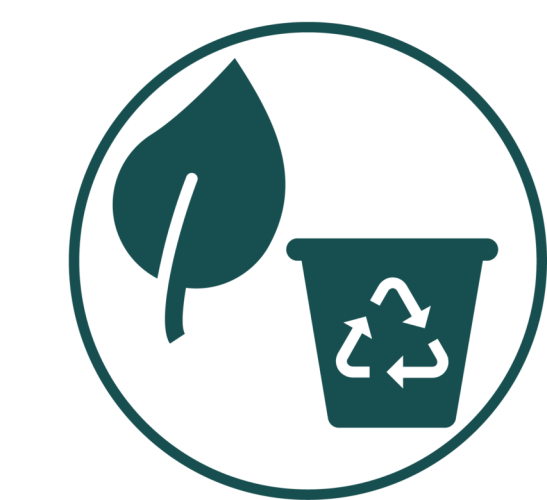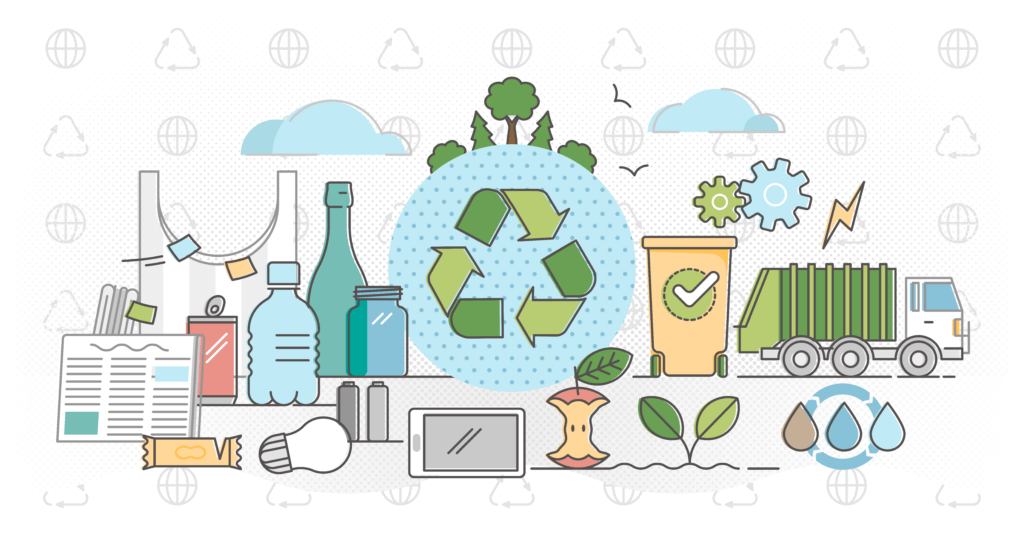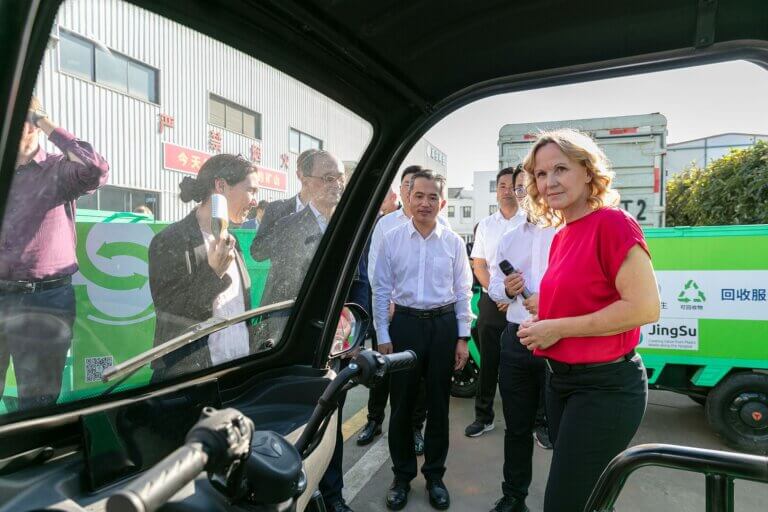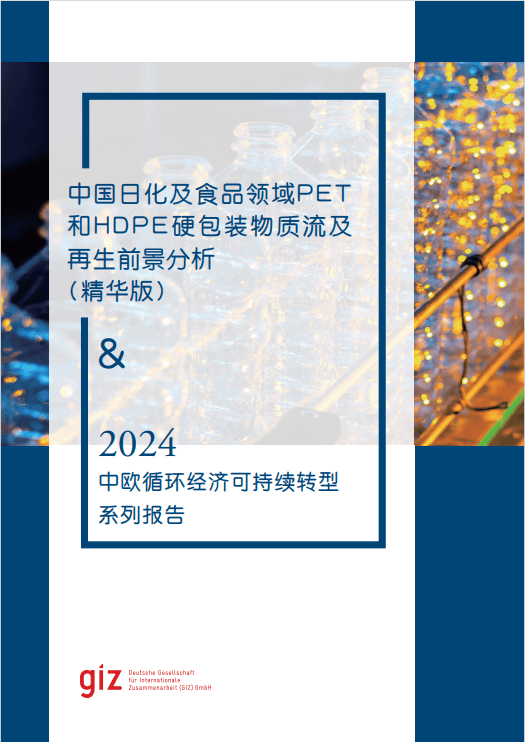China has for the fifth time during the last 25 years revised its Law on Prevention and Control of Environmental Pollution by Solid Waste. The updated version of the legislation will be implemented in September promising better protection of the environment and strengthened rule of law.
On April 29, 2020, during its 16th Meeting, the Standing Committee of the 13th National People’s Congress deliberated and passed the revised version of the Law on Prevention and Control of Environmental Pollution by Solid Waste. The Law is expected to come into force on September 1, 2020. The new version of the legislation aims to improve the state of environment, to guarantee people’s health protection, to maintain the ecological security, to promote further implementation of the concept of ‘ecological civilization’ and to contribute to sustainable development of the society.
Covering several key areas of action, the Law was revised from various perspectives, including environmental pollution sources, supervision responsibilities, legal responsibilities etc. of various actors to not only introduce stricter regulatory requirements, but to guarantee law enforcement and compliance. Significant progress was made with regard to the concepts of circular economy and green production. The latter for the first time has been mentioned clearly and explicitly as a subject of producers’ responsibility along with prevention of overpackaging and reduction of plastic pollution. The update also foresees a wider scope for implementation of Extended Producer Responsibility (EPR), adding automotive power batteries to e-waste and lead batteries already included in EPR.
- Developing a green circular economy and promoting cleaner production (including expansion of EPR schemes)
- Adhering to the principles of solid waste reduction, utilization and harmless treatment
- Preventing overpackaging and plastic pollution
- Strengthening accountability in the field of solid waste management
- Pursuing mandatory waste segregation at source
Beyond that, the revised version of the Law touches upon the problem of construction waste and agricultural solid waste. It also calls for reducing long-term environmental pollution caused by hazardous waste. Focus on the latter is seen as the result of China’s experiences and lessons learnt in containing the coronavirus pandemic.
The Law of the People’s Republic of China on Prevention and Control of Environmental Pollution by Solid Waste was initially adopted on October 30, 1995 and since then has been revised five times. During the last 25 years the revisions mainly concerned the field of environmental protection, mirroring China’s goals to improve its environmental management and respond to public expectations by strengthening regulatory requirements and enhancing supervision mechanisms.
China IWM NSP has supported work on the fifth revision of the Law, in particular, by sharing international experiences in the field of EPR.





